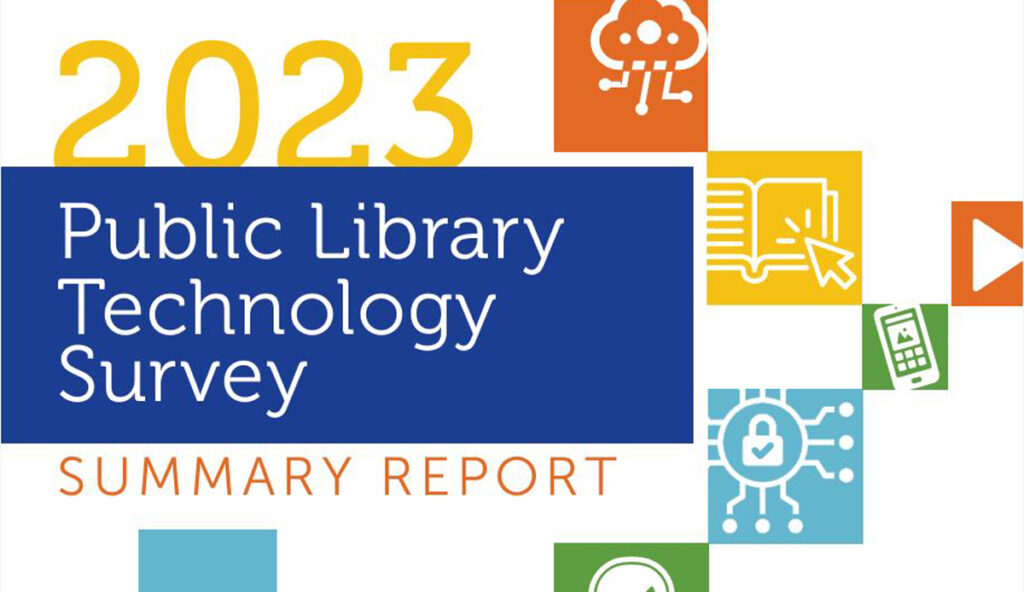“Libraries were my salvation as a kid. I would go religiously—which isn’t an adjective I use for most of my other encounters with the world. I’d look forward to going there, taking a stack of books, bringing them back. Very soon the librarian at the small library between my home and school got used to me and let me wander the adult sections, which is how I discovered Kafka before he would have otherwise entered my life.”
Art Spiegelman’s life was changed by libraries. The author and artist of graphic novel Maus spoke with American Libraries in their June 2022 issue about the importance of libraries in his life growing up and shared his thoughts on the increase in book challenges and bans occurring across the US—including those involving Maus. Spiegelman's Pulitzer Prize–winning graphic novel details his father's experiences during the Holocaust, with Jewish characters depicted as mice and Nazis as cats. Maus has been the subject of multiple challenges and bans since its publication in 1991—most recently in January when the board of McMinn County (Tenn.) School District removed the title from its 8th-grade curriculum for depictions of nudity and adult language.
When asked if he thought the recent book challenges are part of a larger culture war occurring in the US, Spiegelman was adamant: "Absolutely. I do feel like I’ve become cannon fodder in a culture war, because I’m not the logical target right now. The real challenges have to do with [books about] people who aren’t gender normative and race books that indicate that everything isn’t a Garden of Eden for Blacks in America. That kind of book gets challenged more, so I had to figure out why this was happening. Maus is not especially lurid. What I think made it an issue is that the idea of challenging one’s parents is threatening to an authoritarian, and there’s a lot of that going on in my book."
Take action
Alarmed by the escalating attempts to censor books? Here are five steps you can take now to protect the freedom to read.
1. Follow news and social media in your community and state to keep apprised of organizations working to censor library or school materials.
2. Show up for library workers at school or library board meetings and speak as a library advocate and community stakeholder who supports a parent’s right to restrict reading materials for their own child but not for all
3. Help provide a safety net for library professionals as they defend intellectual freedom in their communities by giving to the LeRoy C. Merritt Humanitarian Fund.
4. Educate friends, neighbors, and family members about censorship and how it harms communities. Share information from Banned Books Week 2021.
5. Join the Unite Against Book Bans movement to learn what you can do to defend the freedom to read in your community.
Photo: Nadja Spiegelman



